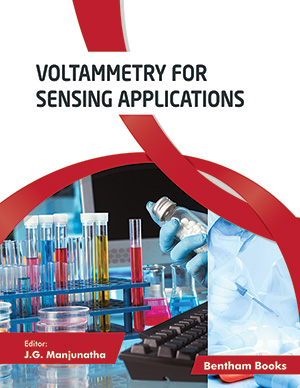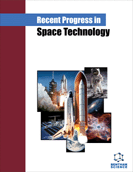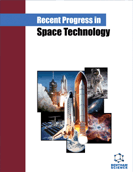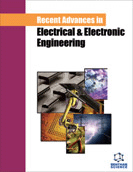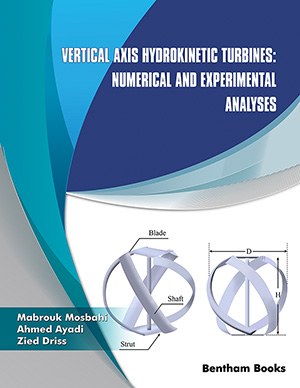Abstract
Extraordinary properties of nanomaterial lay a broad prospect for its
application in various fields. Biosensors are a kind of special sensor which consists of
biomolecule recognition element and transducer. Advances in biosensors with the use
of micro/ nanomaterials are capable of detecting and analyzing living and chemical
matter with high specificity, fastness, sensitivity, accuracy and low cost for the
determination of proteins, hormone, enzyme, nucleic acid and other biological
compounds in blood and urine samples. The basics of biosensors and optimized
approaches for voltammetric clinical analysis are studied in this chapter. Exosomes are
small extracellular vesicles (EV) involved in extracellular communication between
cells, and are recognized as potential markers of human health and diseases. An
extensive molecular characteristic comparison of the exosomal components of healthy
and disordered cells or tissues reveals the differences.
• Electrochemical approaches for the analysis of clinical samples are developing at an
incredible rate with advances in nanotubes and nanomaterials as biosensors.
• Exosomes play a crucial role in cell-to-cell communication in normal health and
disease. They are potential biomarkers exploited for emerging non-invasive diagnosis.
• CNT sensors are capable of precise quantitative and qualitative detection of analytes.Keywords: Affinity biosensor, Clinical analyte, CNT, CPE, Enzymatic biosensor, Exosome, Immunosensor, Voltammetric biosensor.


